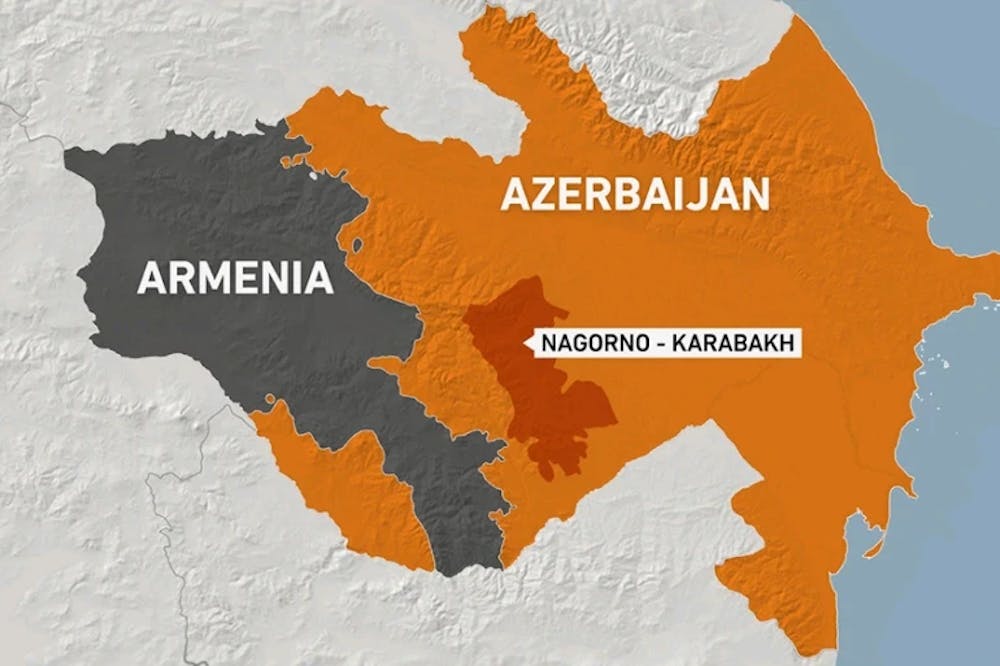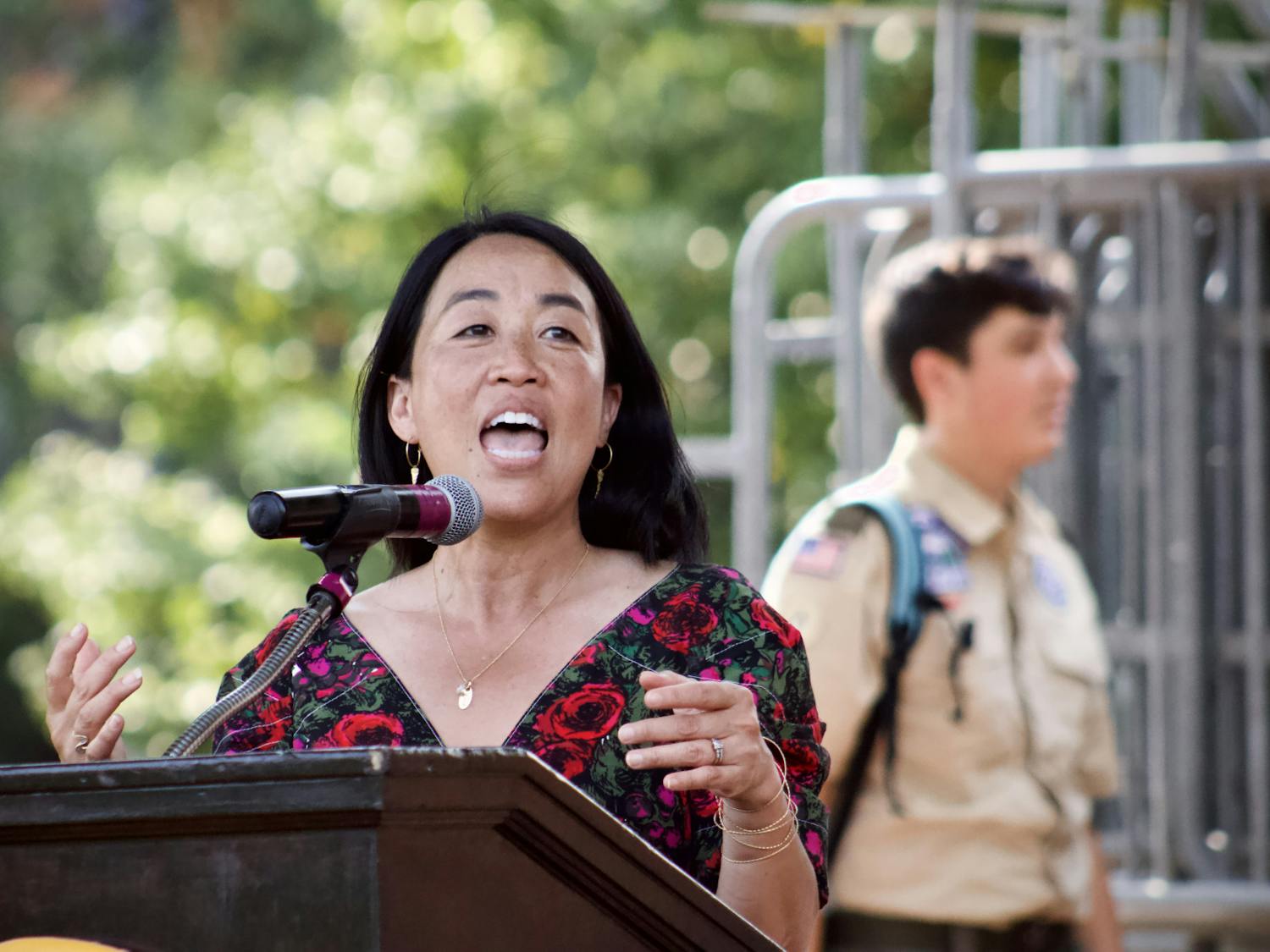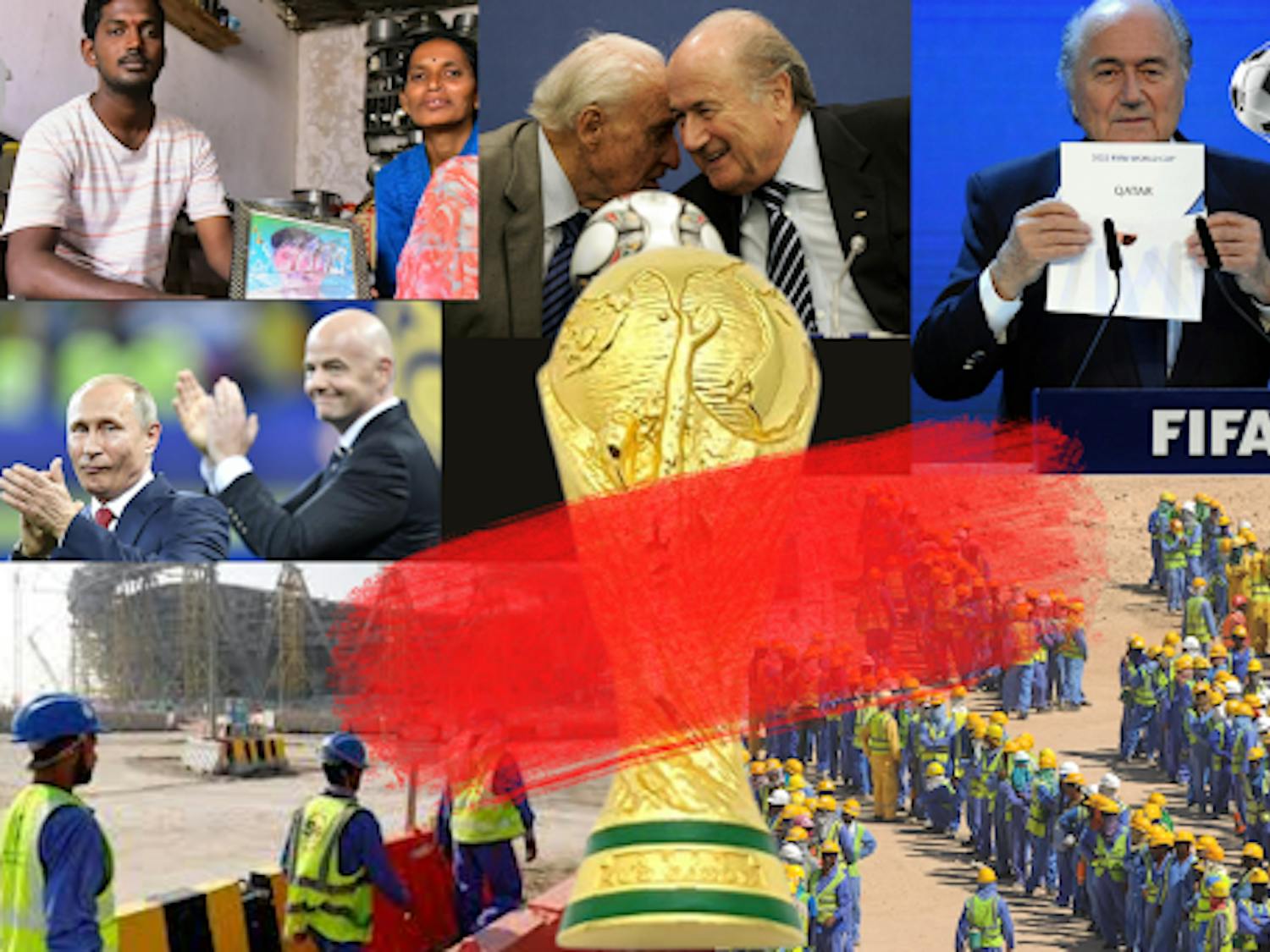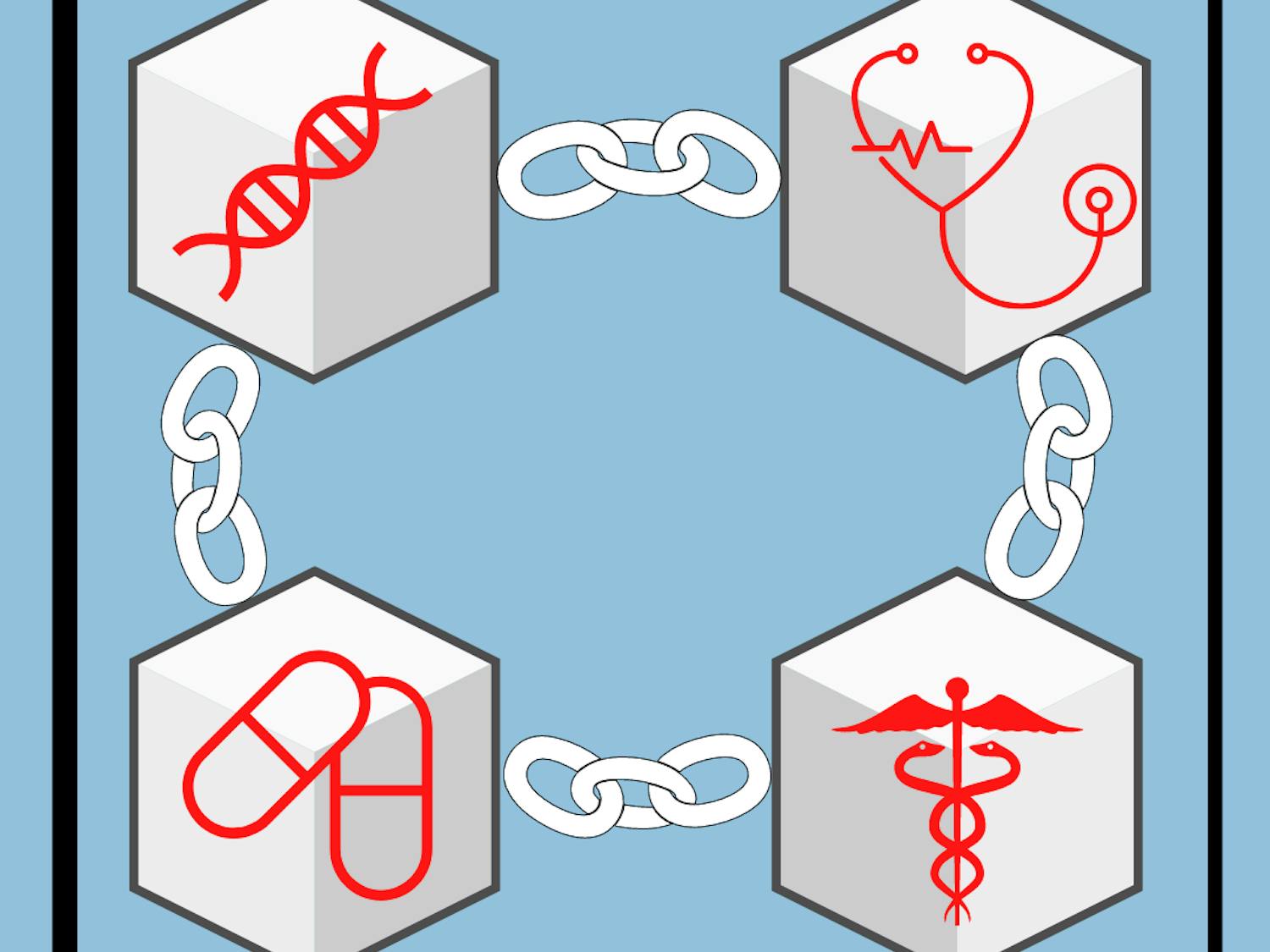Alfred Arzumanyan (name changed), 56, is a taxi driver in California. He has been living in the USA since 1991, before which he lived in Abovian, a small city close to the capital of Armenia. Despite living in the USA for more than 3 decades, he still feels connected to Armenia, especially when they win in international chess.
However, something is bothering him: the Armenia-Azerbaijan conflict. Nothing but disappointment, betrayal, and humiliation overcomes him when he hears about the war. Alfred follows the news every single day to learn about the developments of the conflict.
In the past month, we have hardly heard about the Armenian-Azerbaijan conflict reigniting. Media coverage has been sparse, but that doesn't imply anything about the detrimental impact.
As midnight struck on September 13, Azerbaijan, equipped with artillery and heavy weapons, invaded towns near Armenian positions: Goris, Sotk, and Jermuk. This has been deemed the most serious fighting since the 2020 clashes that resulted in the death and displacement of thousands. As of mid-October, more than 300 casualties have been reported, as well as heinous crimes by Azeri troops.
This isn’t the first time that tensions are high and conflict has flared up... Armenia and Azerbaijan have been long tied in a nip and tuck over Nagorno Karabakh, which has created a lot of instability in the south Caucasus region. Nagorno Karabakh is a mountainous region, internationally recognized as Azerbaijan’s territory. Even though it constitutes 5% of Azeri territory, more than twice that land around it is controlled by Armenia. Nagorno Karabakh is home to 15000 people, but these are ethnic Armenians, backed by Armenia.
From the Iranians in the 18th century to the Russians, British, and then the Ottomans, Armenia and Azerbaijan have faced turmoil. The dispute over Nagorno Karabakh reached its first peak in 1920 when Azerbaijan established control, and soon after both countries became part of the Soviet Union. Thereafter the power vacuum created by the disintegration of the USSR, Armenia took advantage and annexed Nagorno Karabakh.
“He (Putin) is orchestrating all of the conflict. I am not against Russian people. Some of my family is Russian. Putin is doing this to benefit himself and to try to bring back the Soviet Union”.
Alfred reckons that Putin is colluding with Turkey, Azerbaijan, and Pakistan to build a route. For this, he explains, Russia needs one part of Armenia: The Nagorno-Karabakh.
Having read the history of his country in great detail, Alfred is of the opinion that Stalin and Lenin deserve the blame: Stalin for giving one part of Armenia to Azerbaijan and Lenin for making a deal with Mustafa Kemal.
Being the highest-ranking official to visit Armenia after the disintegration of the USSR, House Speaker Nancy Pelosi coined the conflict as part of “a global struggle between democracy and autocracy.” Since Russia invaded Ukraine, the U.S. has committed more than $16.9 billion in assistance to Ukraine while unleashing economic sanctions against Moscow. In contrast, the 2023 budget proposal cuts 47% of U.S. aid to Armenia ($24 million), while calling for $164 million in U.S. military aid to Azerbaijan.
The conflict is nearly 6000 miles away from us. Why should we care? There are several reasons, in America’s self-interest as well as the world’s well-being, that are convincing enough to care. Firstly, a long-time mediator between the two, Russia finds itself dragged amidst another war, at a time of already high geopolitical tension. Military escalation in the region would further destabilize an already fragile region. The south Caucasus is an important corridor for oil and gas, and a full-scale war will impede supply when energy supply chains are already disrupted due to the war in Ukraine. Secondly, the conflict is coming under a human rights watch, as Azerbaijan troops allegedly mutilated a female Armenian soldier and executed a group of captured Armenian soldiers. As Americans, we must protect Armenians because they were endowed with security after having found refuge here following the Armenian Genocide in 1915. As Armenia is the only democracy in the region, it is our responsibility to serve as a beacon of hope.
Alfred optimistically hopes a solution reaches Armenia. He believes currently Armenia is slightly weak. Russia was supposed to protect Armenia as part of the security guarantee but betrayal resulted in a weak Armenia. He is happy that India has agreed to give weapons to Armenia. With respect to USA’s involvement, Alfred hopes that the Armenian government will understand the importance of this moment and partner with Armenia to stop the aggressor and form stronger alliances.
Enjoy what you're reading?
Signup for our newsletter
To his fellow Armenians back home, Alfred urges them to “Have patience, be strong. This moment will pass. Armenia is a good country but is currently going through hell.”
This is not merely another skirmish on the border between two former Soviet states. It is a conflict that has been handcuffed to history, throwing the south Caucasus into a void, smothering the loved ones of the dead with grief, and dooming the future of the Azeris and Armenians who strive for a life devoid of conflict.




